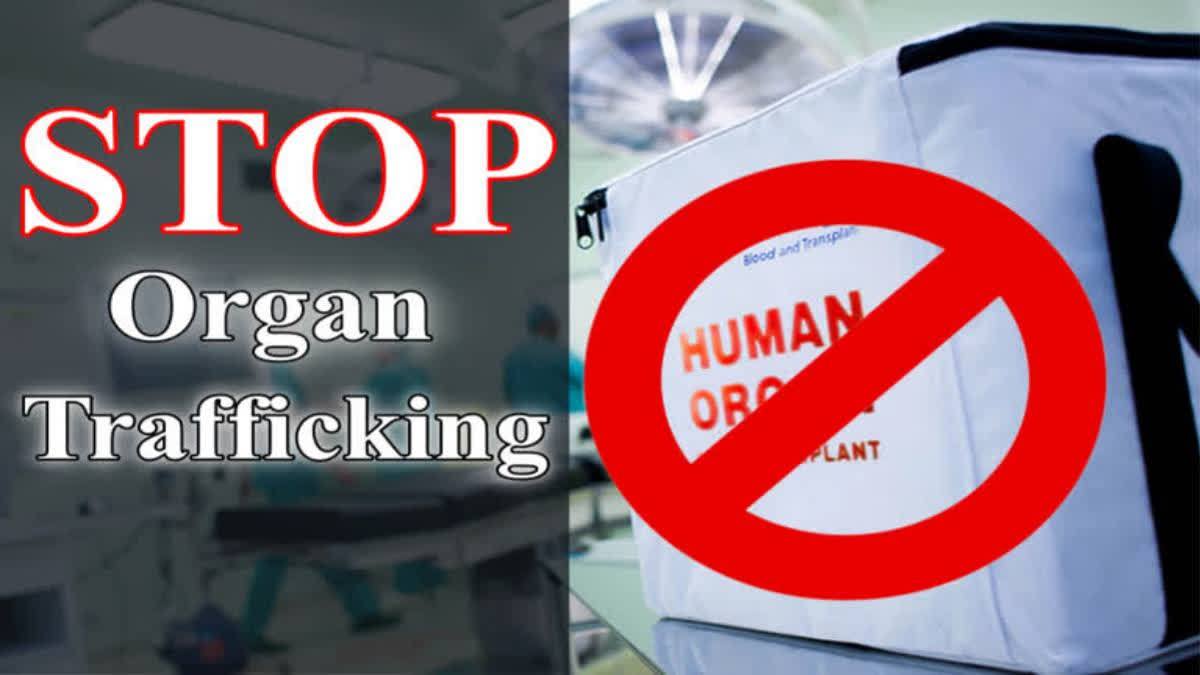New Delhi: Being aware of the illegal organ trading, the Centre has asked the States and Union Territories(UTs) to take all required steps for the prevention and control of organ trafficking and put in place a system to monitor the same.
In one such latest organ trading racket, the Delhi police arrested a senior kidney transplant surgeon from a prominent hospital in the national capital, who had allegedly performed many organ transplant surgeries involving Bangladeshi patients at a hospital in the National Capital Region (NCR) without proper government authorisations.
In a letter dashed off to all principal secretaries (health) of States and UTs, National Organ & Tissue Transplant Organisation (NOTTO) director Dr Anil Kumar said that certain websites and social media posts are promoting and offering organ trading.
“This violates the provision of THOTA (Transplantation of Human Organ & Tissues Act), 1994, and Rules thereafter,” he said. Dr Kumar said that such activities are punishable offences under Section 18 of THOTA, 1994 with fines ranging from Rs 20 lakhs to Rs 1 crore and imprisonment ranging from 5 years to 10 years.
“Health and law and order being State subjects and also THOTA provides for State Appropriate Authority to be appointed by every state to deal with such illegal, commercial activities and organ trafficking,” said Dr Kumar.
The NOTTO is a national-level organization set up under the Directorate General of Health Services to establish a network for organ procurement and distribution and to maintain a national registry for the purpose of surveillance of organ donation and transplantation in the country.
It has been found that the illegal online activities pertaining to organ trafficking in the country are at a surge.
Recently, Health Secretary Apoorva Chandra also asked the secretary in the Union Home and External Affairs Ministry to sensitise foreign nationals visiting India for organ transplants about the legal requirements for the process.
The move comes amid a rise in alleged commercial dealings involving foreign citizens in the country. Stating that India has emerged as one of the leading destinations for foreign nationals to get their organ transplanted owing to the world-class health facilities and highly skilled medical professionals, Chandra said that it is essential for these foreign nationals visiting India for organ transplants to understand the specific guidelines and legal requirements that regulate the process of organ transplantation in India.
Chandra appealed to both ministries that information related to organ transplant laws should be displayed at prominent places at airports and on the Bureau of Immigration’s web portals for a wider reach.
Referring to the Transplantation of Human Organ & Tissues Act, of 1994, Chandra said that the law prohibits any commercial dealings in human organs or tissues. “However, it allows an Indian to donate her organs to a close relative-spouse, son, daughter, father, mother, brother, sister, grandfather, grandmother, grandson or granddaughter,” he said.
Read more: Four Indian-Americans Arrested For Allegedly Running Human Trafficking Racket In Texas



